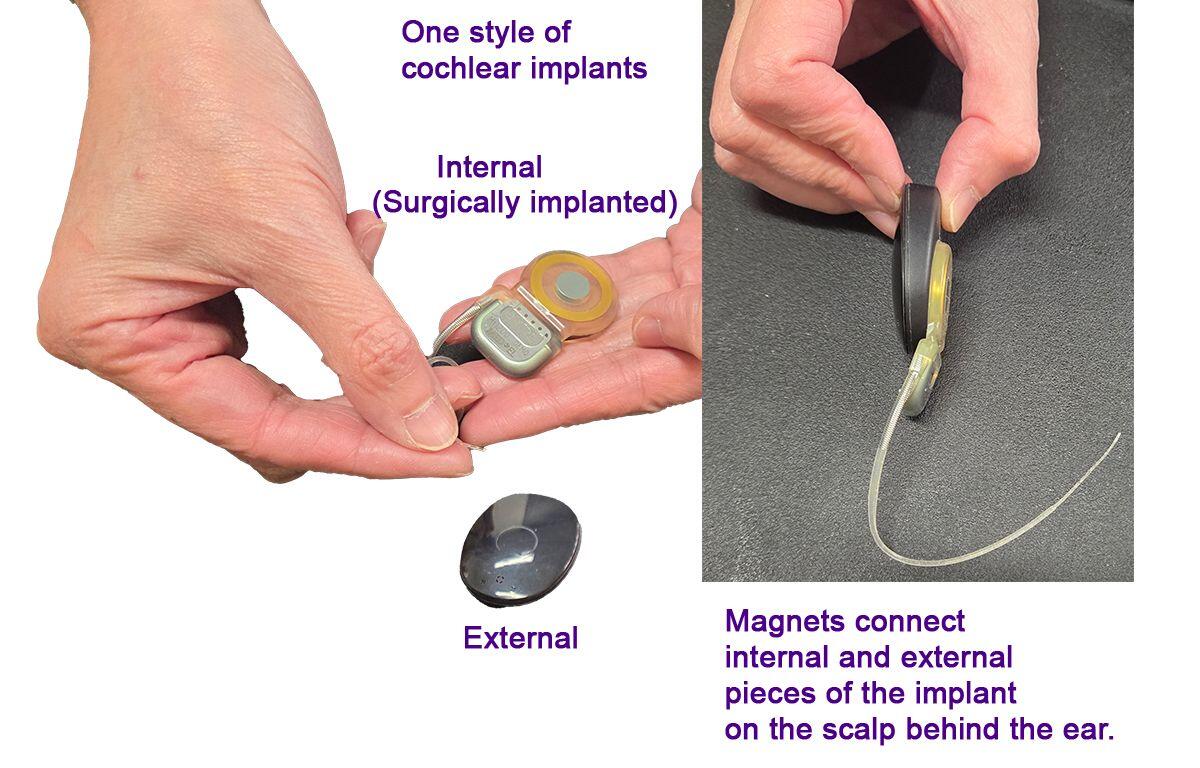HARRISONBURG, VA (James Madison University) — In recognition of Audiology Awareness Month, two James Madison University professors who study cochlear implants discuss how advancements in the technology and updated eligibility criteria are broadening access for individuals with hearing loss.
According to a release, cochlear implants, electronic devices that bypass damaged parts of the inner ear to directly stimulate the auditory nerve, have traditionally been reserved for those with severe to profound hearing loss. However, recent technological improvements and revised guidelines are extending their benefits to individuals with moderate hearing loss and even single-sided deafness.
Beth McCall, a clinical educator and lecturer in communications sciences and disorders at JMU, emphasized the transformative potential of these devices. “Cochlear implants offer an alternative to hearing aids by restoring audibility and enhancing speech understanding,” she said. “I think it’s one of the most remarkable pieces of technology in our field and completely life changing. I’ve seen people go from communicating on a whiteboard with family members to having face-to-face conversations.”
Yingjiu Nie, a professor of communication sciences and disorders, said the devices convert acoustic sounds into electrical pulses that stimulate the auditory nerve through microelectrodes implanted in the cochlea.



